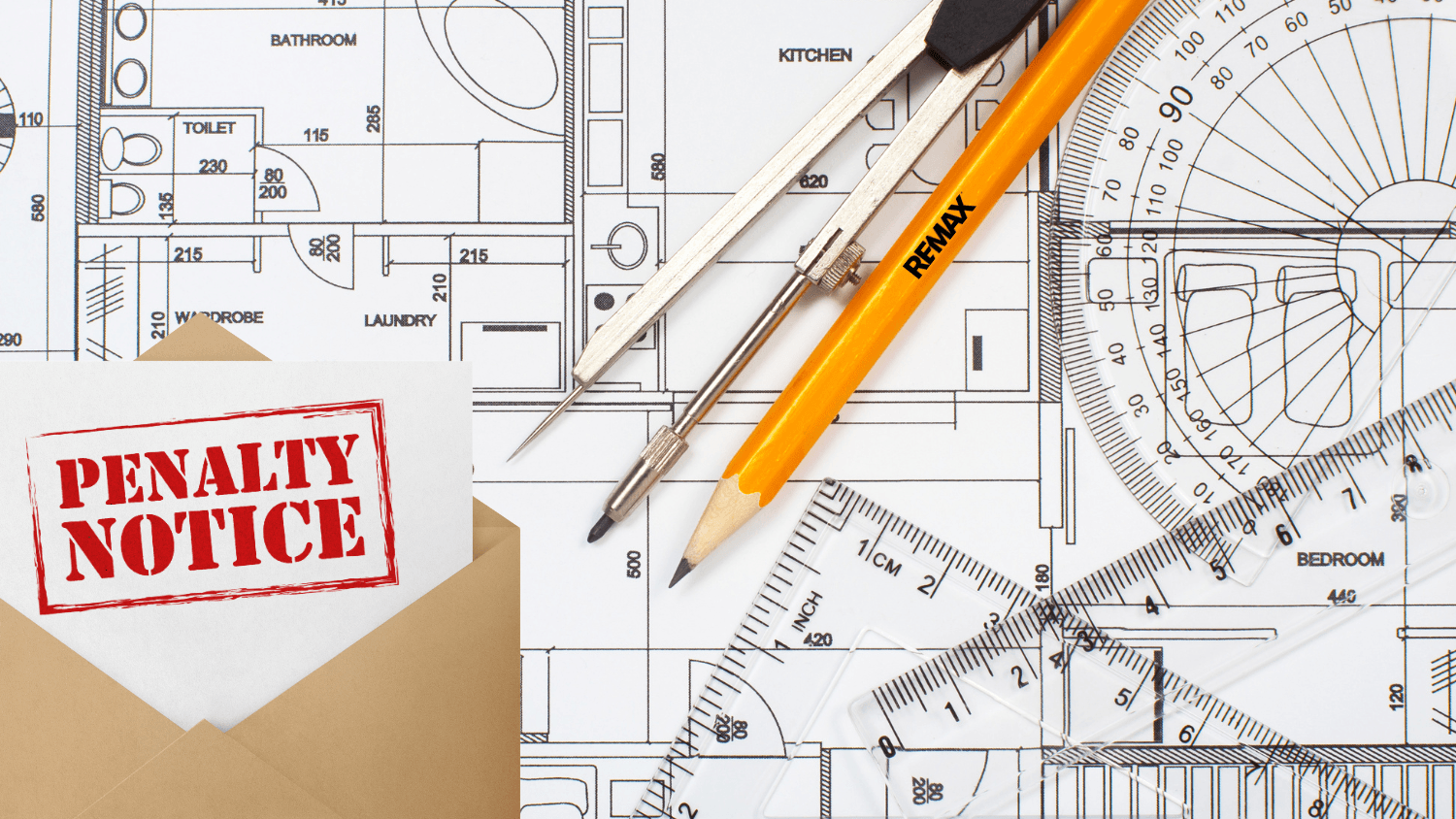You’ve been browsing for property online, and finally found a house you can call home. Although being prepared and having your deposit ready is essential, other factors come into play that could prolong the process of buying your dream home. However, taking these factors into consideration and monitoring your spending can increase the chances of your bond being approved.
Below are 5 things to avoid during your home buying process to ensure bond approval:
1. Don’t let your credit score drop
Keeping your credit lines current is the best way to ensure that your credit score doesn’t drop, ensure that all your payments are made on time and every month. Any late or missed payments will hurt your credit score, decreasing your chances of bond approval, or affect the interest rate the bank is willing to provide you on your loan. Avoid applying for any additional accounts or credit cards, as multiple credit enquiries will weaken their credit scoring.
2. Detrimental debt
Debt can be detrimental to your credit score, so ensure that you pay off your accounts before applying for a home loan. If, however, you’re neck-deep in unpaid debt, try to at least reduce it to below 30% of your credit limit. Your disposable income is a key element to your bond approval, so your debt-to-income ratio affects your affordability levels, which the bank uses to determine the bond amount and approval.
3. Spending splurges
You don’t have to spend a lot of money to show that you can afford a bond. In fact, credit-driven splurges will severely reduce your chances of getting bond approval. Try not to buy any big-ticket items such as that new BMW you’ve been eying. Avoid making large cash withdrawals as it can raise concern and you may even be required to justify the transaction to the lender.
4. Changing jobs
Having permanent employment reflects a stable income, which is one of the factors lenders look at when considering your bong application. An employment record of at least 6-12 months would work in your favour. Changing employment during the home buying process will negatively affect your chances of approval. If you’re moving from one job to the next in a reasonably short period, the lender may regard you as a credit risk.
5. Spending your entire budget
Financially, you shouldn’t bite off more than you can chew. Just because you have a budget of R1 million, doesn’t necessarily mean you should look for a house that price. Play it safe and shop under your budget to allow room for other expenses such as your rates, taxes, maintenance costs and possibly levies. The interest rate changes bi-annually, so it’s in your best interest to shop smart to account for any potential increase.
Final advice
As a rule of thumb, you should be able to live comfortably and afford your monthly bond repayments. If you’re confident in your finances but uncertain of the home buying process, reach out to a real estate professional who will be able to ease you into your journey of becoming a homeowner.





